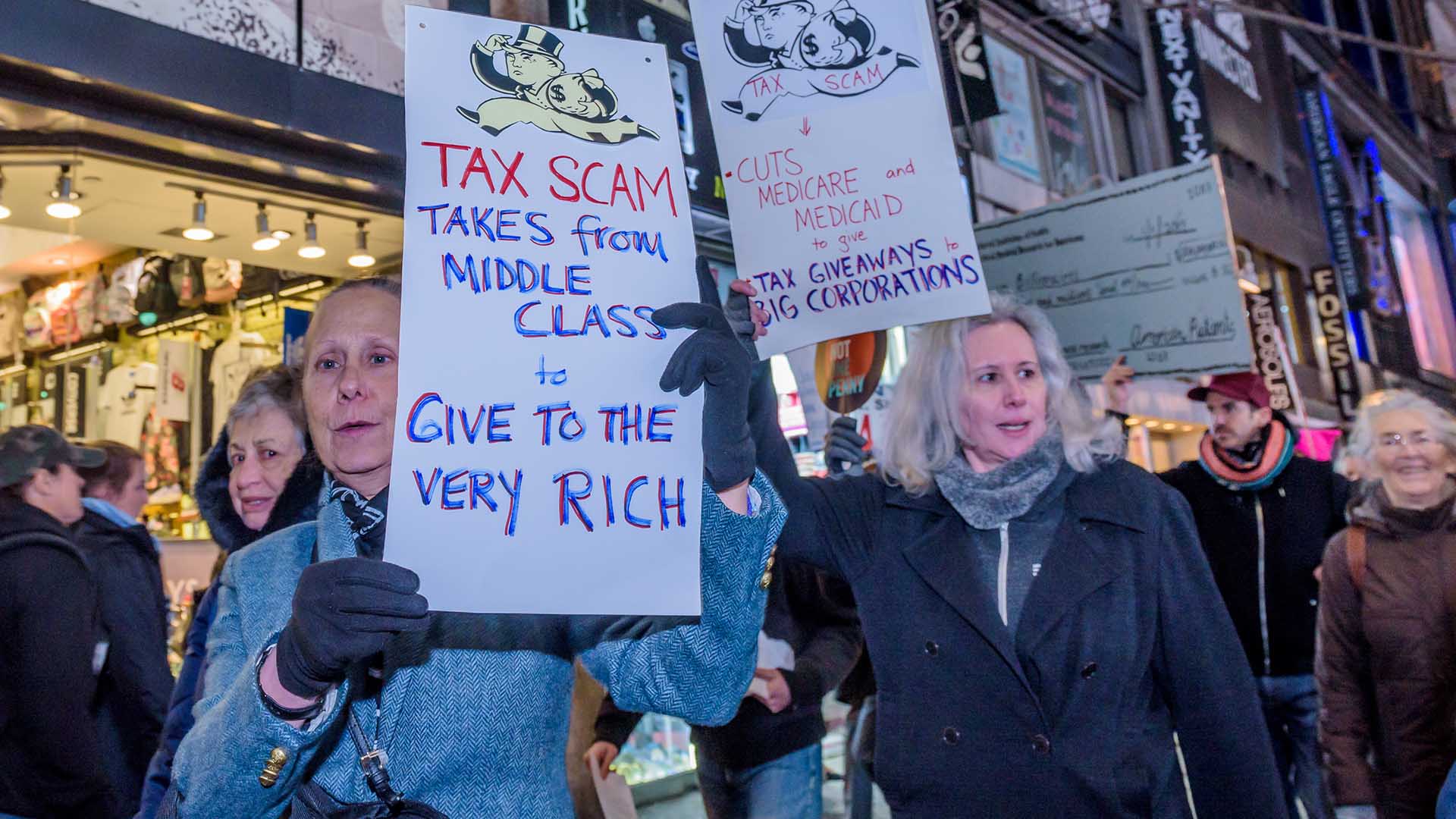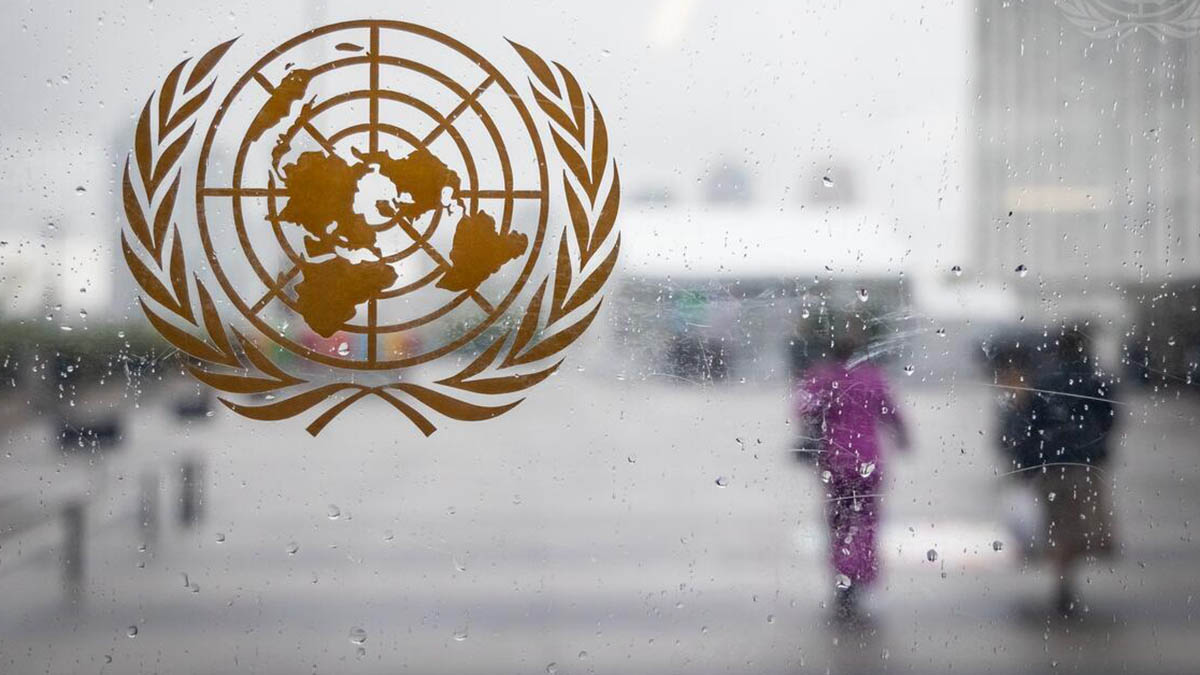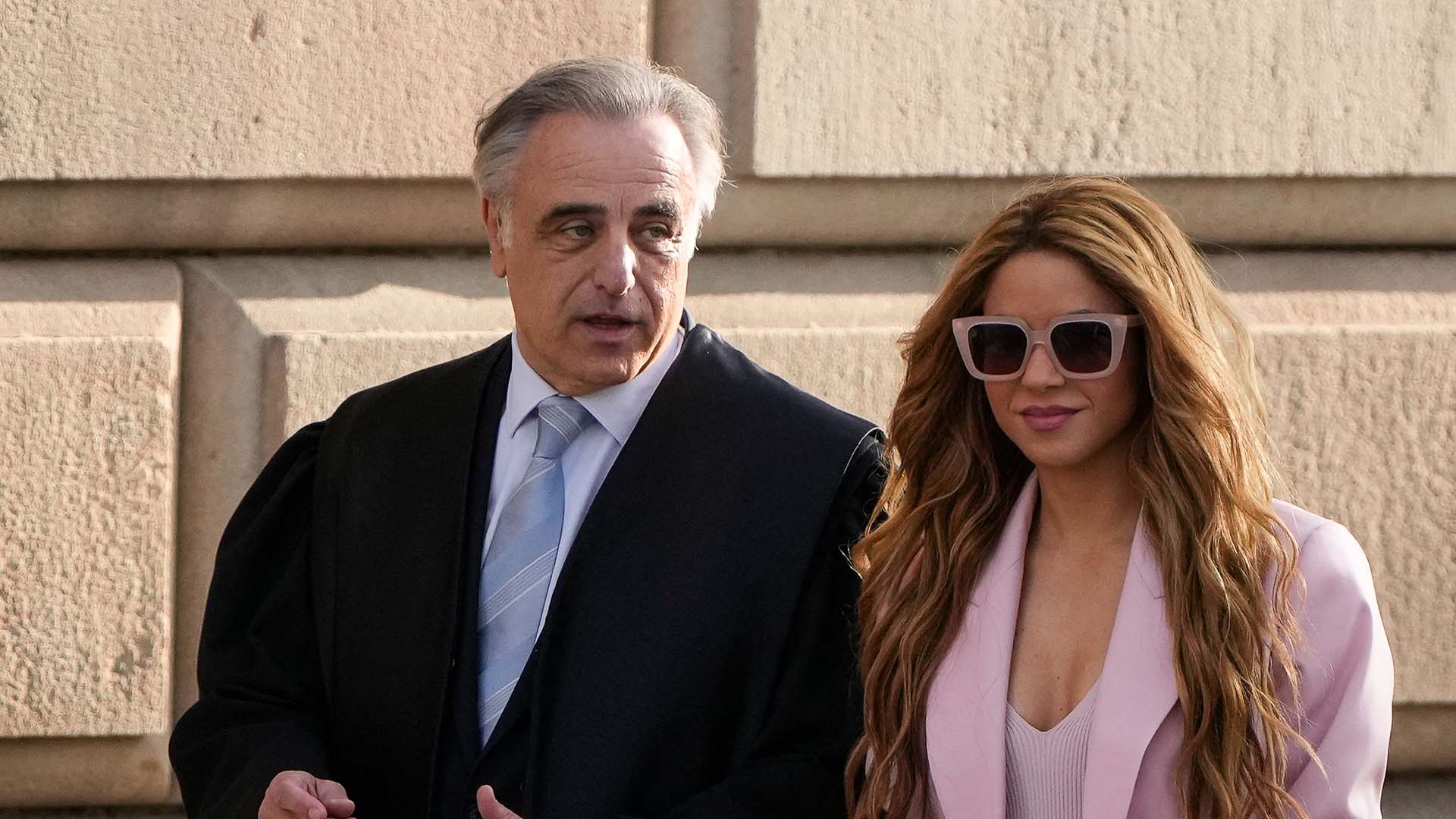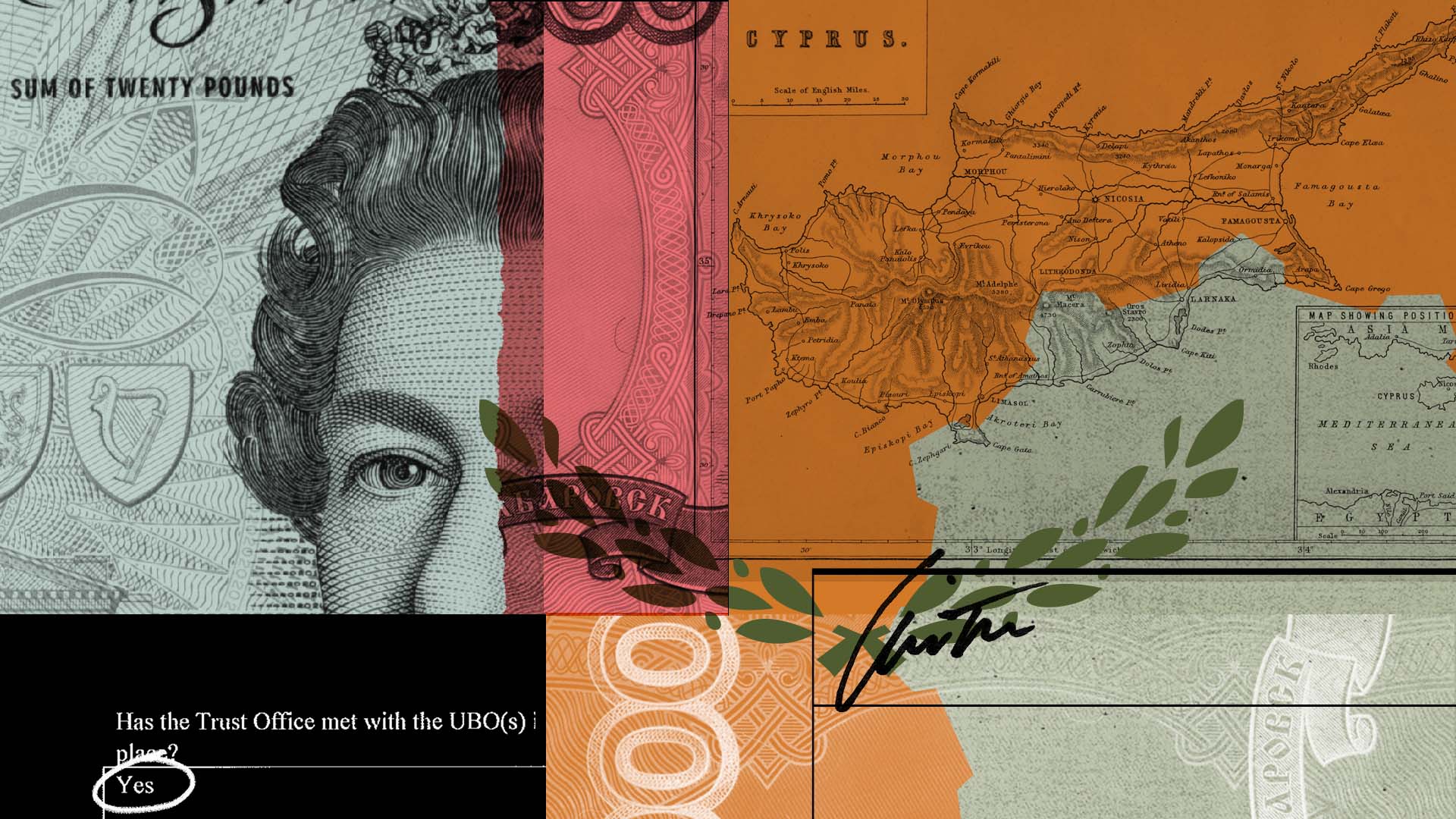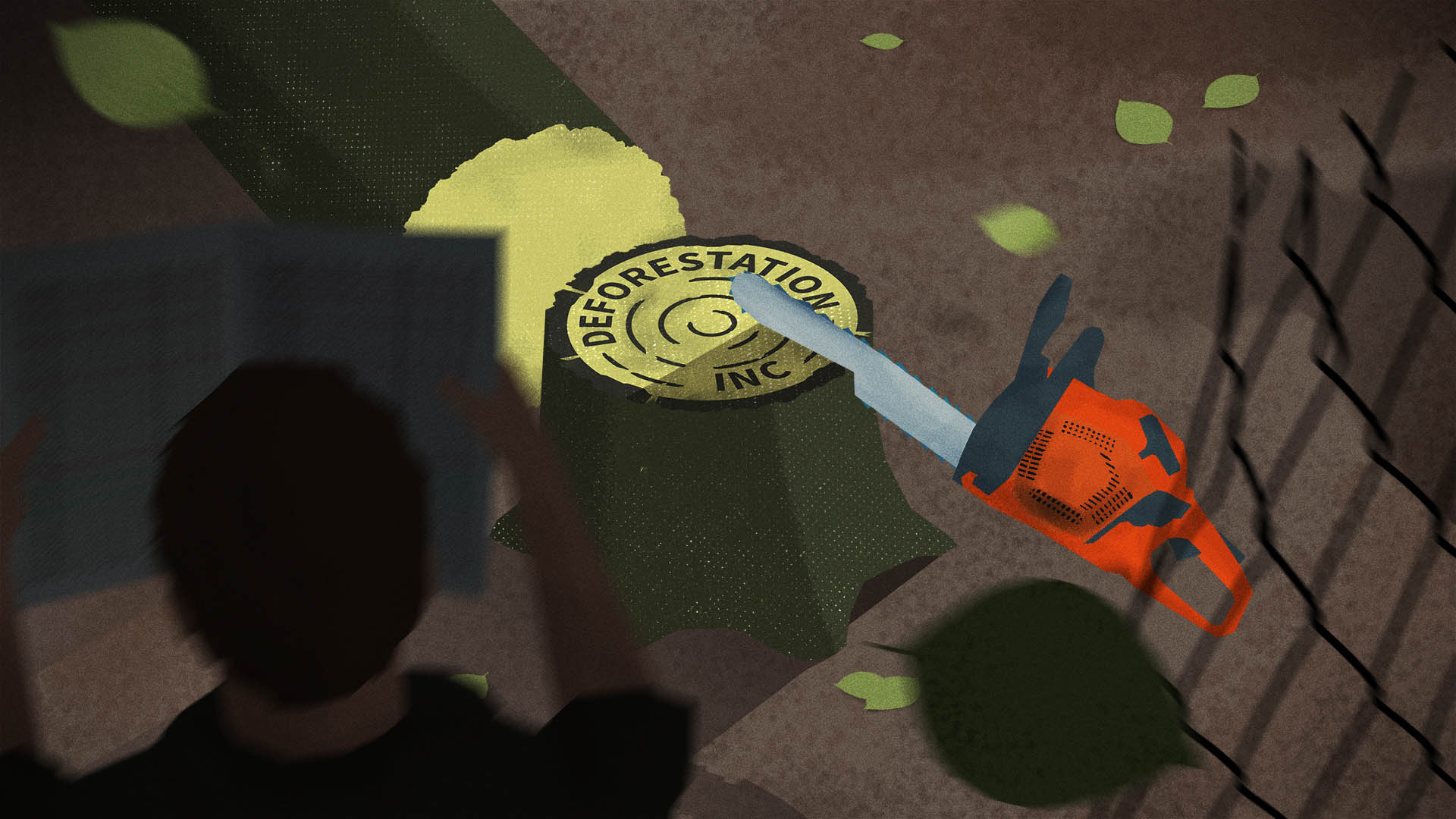
The Paradise Papers has been making waves across the world with a series of offshore revelations – including a number of major findings in Latin America.
Current and former presidents, ministers and business leaders are among the prominent citizens whose business dealings in tax and secrecy havens have been uncovered by ICIJ’s Latin American partners.
From Mexico to Argentina, 60 reporters in 13 countries across Latin America participated in the global investigation, which was based on a leak of 13.4 million documents obtained by the German newspaper Suddeutsche Zeitung and shared with ICIJ.
These journalists exposed their countries’ political leaders and wealthy corporations in newspapers, websites and broadcasts across the region.

In Argentina, a team of seven journalists from La Nación, Perfil, America TV-A24 and SoloLocal.info revealed the connections of Finance Minister Luis Caputo and Energy Minister Juan Jose Aranguren to offshore companies in the Cayman Islands and Barbados, respectively.
The investigation also showed that the global energy giant Glencore created elaborate offshore structures to reduce taxes on minerals it extracted from Argentina – schemes that prosecutors have now targeted by issuing arrest warrants for money laundering for officials involved in the deals.
Reporters in Brazil from Poder360 also exposed the offshore connections of two current ministers, the influential Finance Minister Henrique Meirelles and Agriculture Minister Blairo Maggi.
Meirelles set up a trust in Bermuda called the Sabedoria Foundation, which he said is a charity intended to benefit Brazilian education after his death.
Maggi was linked to a Cayman Islands company created by his family company as part of a joint venture to trade soybeanssoy beans and corn from Brazil. Poder360 also found at least 17 offshore companies in Bahamas, Malta and the Cayman Islands connected to Odebrecht, the Brazilian construction conglomerate at the center of a bribery scandal that has implicated politicians across South America.
In Chile, Ciper reported on the transport company Alsacia-Express, which operates the public transit system in the capital city Santiago. The company was found to have stashed money in companies in Bermuda as it struggled to repay hundreds of millions of dollars in debts.
The president of Colombia, Juan Manuel Santos, appeared as a director of two Barbados companies linked to an education finance company, one of which was called Global Tuition & Education Insurance Corp. The collaboration between ICIJ partners in Colombia, Connectas and El Espectador, revealed that prominent diplomat and former defense minister Gabriel Silva Lujan was also connected to the Barbados company and was a cofounder and investor in the Global Education Group. Both the Barbados companies are shareholders in Global Education Group Colombia S.A.
A former president of Costa Rica, Jose Maria Figueres, also turned up in the Paradise Papers. DataBaseAR found that Figueres and his younger brother Mariano, who currently heads the Directorate of Intelligence and National Security, were directors of a Bermuda-based firm called Energia Global International Ltd. that specialized in private electricity generation projects.
In Mexico, the state oil company Pemex was revealed to have rented marine platforms for oil production through complex offshore deals to companies linked to members of the same political party as then-president Felipe Calderon. A prominent union leader, the late Joaquin Gamboa Pascoe, was shown to have hidden away more than $15 million in Cayman Islands entities to pass on to his family after his death. The findings in Mexico resulted from a collaboration between ICIJ partners Mexicanos Contra la Corrupción, Proceso, Quinto Elemento Lab and Univision and also included offshore companies connected to the Legionaries of Christ.
Deep in the Amazon rainforest in Peru, a company specializing in reforestation and the sale of carbon credits, Bosque Amazonicos, was discovered using a complex offshore structure to allow prominent Western investors to quietly invest in carbon credits, according to one of ICIJ partners Ojo Público.
Revelations have already triggered reactions in the region. Authorities from Argentina and Chile have already announced investigations stemming from Paradise Papers’ revelations.
More stories by ICIJ’s partners in Latin America have been highlighted by Univision and the Knight Center for Journalism in the Americas.
